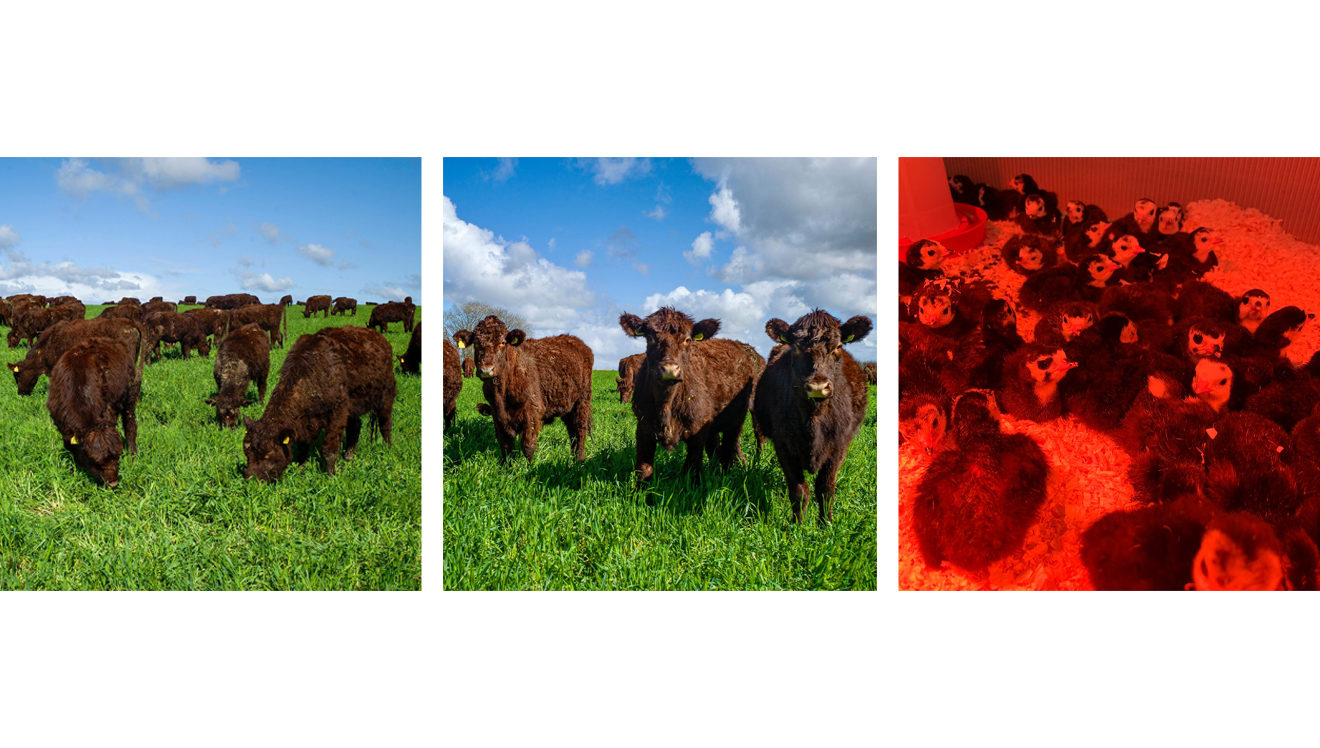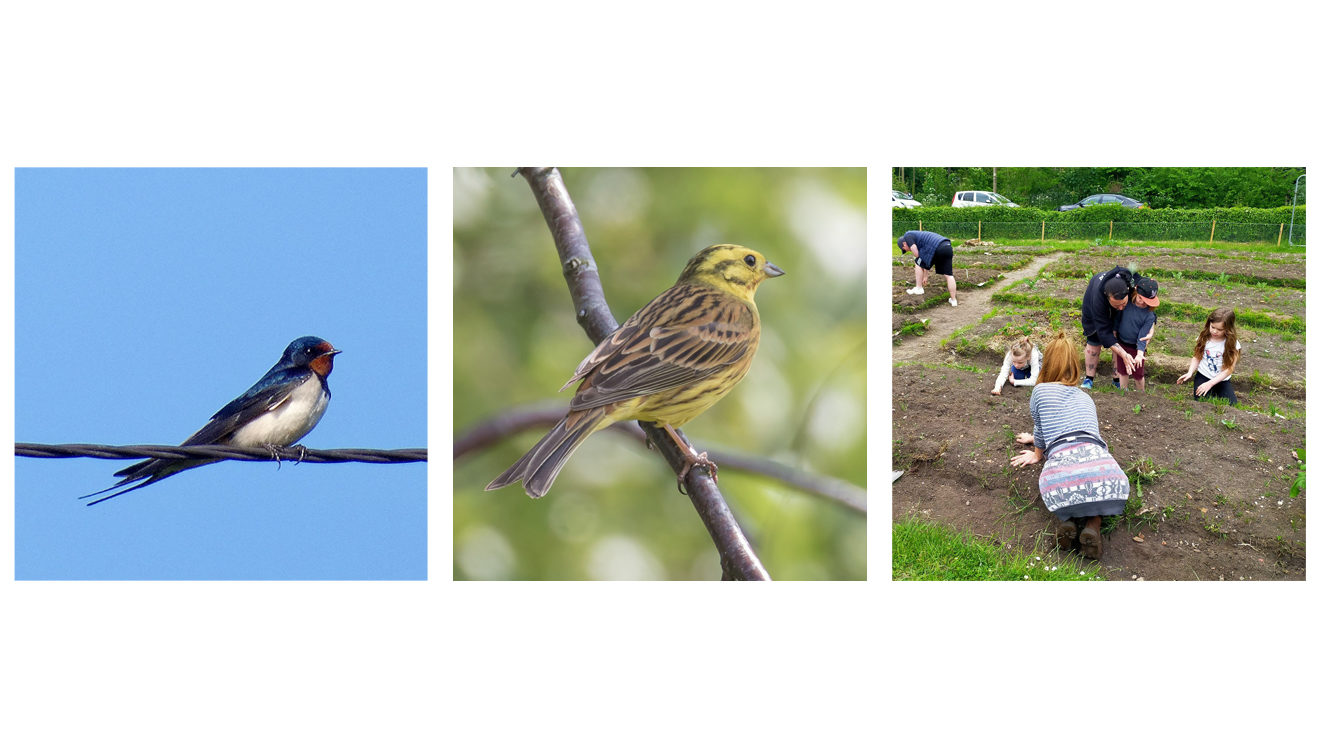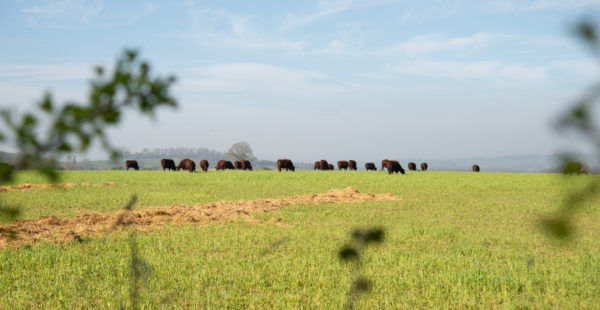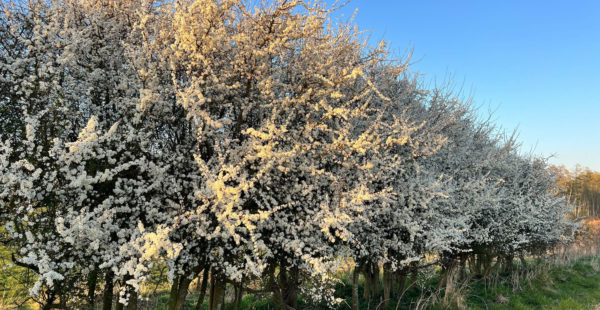A Week on the Estate: First Swallow, Fresh Herbage & Turkeys Galore
We hope we find you all well after an Easter Weekend blessed with sunshine and warmth. Temperatures look set to cool a little, with highs of 12C and lows of 4C over the next week, but (fingers crossed) we may be spared a repeat of last year’s late frosts.
Life is certainly making the most of spring’s arrival. Our trees are bursting into leaf, our wild birds are singing their hearts out, we’ve seen our first swallow and 68 brand new Norfolk Black turkeys have hatched so far.
We loved these pics of our Lincoln Reds thoroughly enjoying one of their regular moves to a new paddock. When the breakfast buffet is as lush and green as this, it’s no surprise that they’re keen to get stuck in.
Agriculture in the latter half of the 20th century was defined by intensification. This achieved remarkable yields but inflicted an unsustainable cost on the ecosystem on which we all depend. We’re striving to do better across the 3,000 acres of South Ormsby Estate. We’ve embraced the principles of regenerative agriculture, we’re proud to be accredited by the Pasture for Life Association and throughout 2022 we’re in-conversion to organic status.







